Intro
Discover 7 early pregnancy signs, including morning sickness, fatigue, and mood swings, to identify conception. Learn about hormonal changes, breast tenderness, and other symptoms.
Recognizing the early signs of pregnancy can be a thrilling experience for many women. It's a time of great anticipation and excitement, as the possibility of a new life growing inside becomes a reality. For some, the symptoms may be subtle, while for others, they can be quite pronounced. Understanding these early indicators can help women prepare for the journey ahead and make informed decisions about their health and well-being. As the body undergoes a series of changes, it's essential to be aware of the common signs that may signal the start of a pregnancy. Whether it's a missed period, morning sickness, or food cravings, each symptom plays a vital role in confirming the presence of a pregnancy.
The early stages of pregnancy can be a time of uncertainty, as women may not always be aware of the changes taking place within their bodies. However, by being mindful of the physical and emotional signs, women can take the first steps towards a healthy and happy pregnancy. From the initial symptoms to the confirmation of pregnancy, it's crucial to stay informed and seek medical attention when necessary. As the journey of pregnancy unfolds, women can expect a wide range of emotions, from joy and excitement to anxiety and concern. By understanding the early signs of pregnancy, women can better navigate this life-changing experience and make the most of this incredible time.
As women embark on this journey, it's essential to recognize that each pregnancy is unique, and the symptoms can vary greatly from one woman to another. While some may experience severe morning sickness, others may not exhibit any noticeable symptoms at all. Despite these differences, there are common signs that can indicate the presence of a pregnancy. By being aware of these indicators, women can take the necessary steps to confirm their pregnancy and begin their journey towards motherhood. Whether it's a home pregnancy test or a visit to the doctor, the confirmation of pregnancy marks the beginning of an incredible adventure, filled with excitement, challenges, and joy.
Physical Symptoms of Early Pregnancy
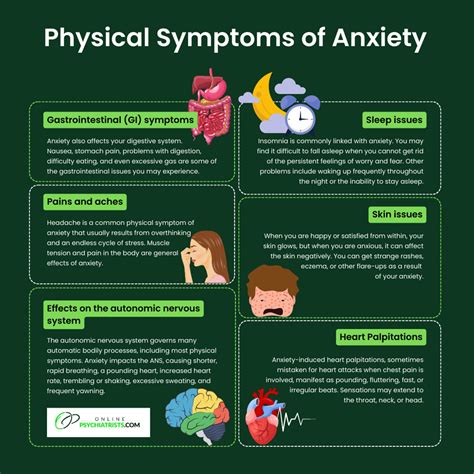
- Morning sickness: This is one of the most common symptoms of early pregnancy, characterized by feelings of nausea and vomiting, often triggered by certain smells or foods.
- Fatigue: As the body undergoes a series of changes, women may experience extreme fatigue, which can be debilitating at times.
- Breast tenderness: The breasts may become sensitive and tender, making it uncomfortable to wear tight clothing or engage in physical activities.
- Frequent urination: As the uterus expands, it can put pressure on the bladder, leading to frequent trips to the bathroom.
- Mood swings: The hormonal changes during early pregnancy can cause mood swings, ranging from irritability to anxiety and depression.
Emotional Symptoms of Early Pregnancy
In addition to the physical symptoms, women may also experience a range of emotional symptoms during early pregnancy. These can include:- Mood swings: The hormonal fluctuations can cause women to feel emotional, anxious, or depressed.
- Food cravings: Women may experience strong cravings for certain foods, which can be intense and overwhelming at times.
- Increased sense of smell: Many women report a heightened sense of smell during early pregnancy, which can be triggered by certain smells or odors.
- Bloating and cramping: As the uterus expands, women may experience bloating and cramping, which can be uncomfortable and painful.
Hormonal Changes During Early Pregnancy
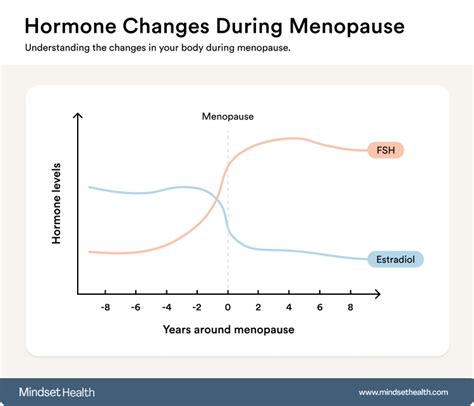
- Human chorionic gonadotropin (hCG): This hormone is produced by the placenta and helps to maintain the pregnancy.
- Estrogen: This hormone helps to thicken the uterine lining and prepare the breasts for milk production.
- Progesterone: This hormone helps to relax the muscles and prepare the uterus for implantation of the fertilized egg.
Confirming Pregnancy
Confirming a pregnancy can be an exciting and nerve-wracking experience for many women. The most common methods of confirmation include:- Home pregnancy tests: These tests detect the presence of hCG in the urine and can provide accurate results as early as 6-8 days after ovulation.
- Blood tests: These tests can detect the presence of hCG in the blood and provide more accurate results than home pregnancy tests.
- Ultrasound: This imaging technique can confirm the presence of a pregnancy and provide information about the fetus's development and health.
Early Pregnancy Care
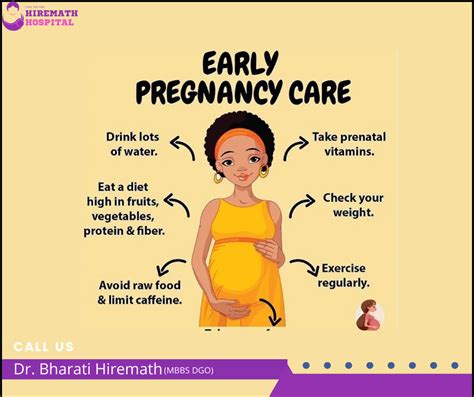
- Prenatal check-ups: Regular check-ups with a healthcare provider can help monitor the pregnancy and detect any potential complications.
- Nutrition and diet: A balanced diet rich in essential nutrients can help support the growth and development of the fetus.
- Exercise and physical activity: Gentle exercise and physical activity can help maintain a healthy pregnancy and reduce the risk of complications.
Pregnancy Complications
While most pregnancies are healthy and uncomplicated, some women may experience complications during early pregnancy. These can include:- Miscarriage: The loss of a pregnancy before 20 weeks of gestation.
- Ectopic pregnancy: A pregnancy that develops outside the uterus, often in the fallopian tube.
- Gestational diabetes: A condition characterized by high blood sugar levels during pregnancy.
Support and Resources
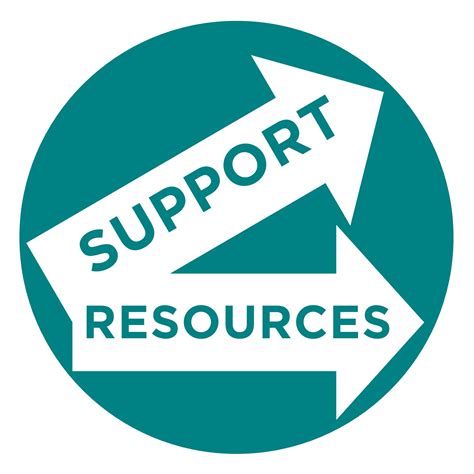
- Healthcare providers: Regular check-ups and consultations with a healthcare provider can help monitor the pregnancy and provide guidance and support.
- Support groups: Joining a support group can connect women with others who are going through similar experiences, providing a sense of community and camaraderie.
- Online resources: Websites, blogs, and online forums can provide a wealth of information and support during early pregnancy.
Staying Healthy During Pregnancy
Staying healthy during pregnancy is crucial for the well-being of both the mother and the fetus. This can include:- Maintaining a balanced diet: Eating a variety of nutrient-rich foods can help support the growth and development of the fetus.
- Staying hydrated: Drinking plenty of water can help maintain healthy blood flow and support the development of the fetus.
- Getting enough rest: Getting adequate sleep and rest can help reduce the risk of complications and support the overall health of the mother and fetus.
Pregnancy and Emotions

- Excitement and joy: The anticipation of meeting the new baby and starting a new chapter in life.
- Anxiety and fear: Concerns about the health and well-being of the baby, as well as the challenges of parenthood.
- Depression and sadness: Feelings of overwhelm and uncertainty about the future.
Coping with Emotions During Pregnancy
Coping with emotions during pregnancy can be challenging, but there are several strategies that can help. These can include:- Talking to a healthcare provider: Sharing feelings and concerns with a healthcare provider can help women feel supported and understood.
- Joining a support group: Connecting with others who are going through similar experiences can provide a sense of community and camaraderie.
- Practicing self-care: Engaging in activities that promote relaxation and stress reduction, such as meditation, yoga, or reading.
Preparing for Parenthood
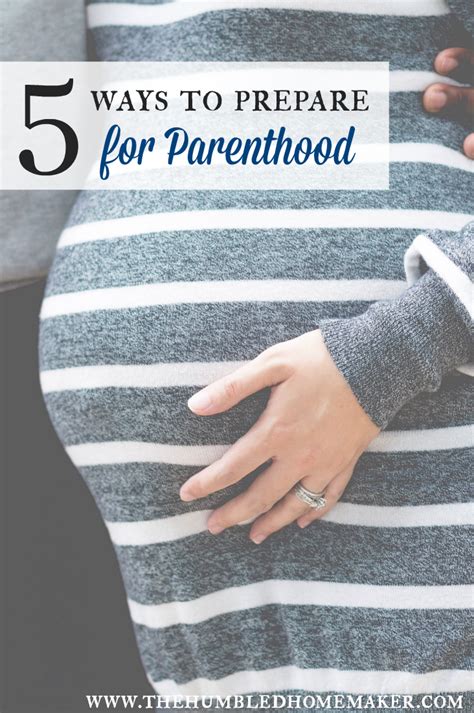
- Reading and learning: Educating oneself about pregnancy, childbirth, and parenting can help women feel more prepared and confident.
- Building a support network: Surrounding oneself with loved ones, friends, and fellow parents can provide a sense of community and support.
- Preparing the home: Creating a safe and nurturing environment for the new baby can help women feel more prepared and excited for parenthood.
Final Thoughts
In conclusion, recognizing the early signs of pregnancy can be a thrilling experience for many women. By being aware of the physical and emotional symptoms, women can take the necessary steps to confirm their pregnancy and begin their journey towards motherhood. With the right support and resources, women can navigate the challenges of pregnancy and prepare for the incredible adventure of parenthood.What are the most common symptoms of early pregnancy?
+The most common symptoms of early pregnancy include morning sickness, fatigue, breast tenderness, frequent urination, and mood swings.
How can I confirm my pregnancy?
+You can confirm your pregnancy by taking a home pregnancy test, getting a blood test, or having an ultrasound.
What are some essential tips for a healthy pregnancy?
+Some essential tips for a healthy pregnancy include maintaining a balanced diet, staying hydrated, getting enough rest, and attending regular prenatal check-ups.
How can I cope with emotions during pregnancy?
+You can cope with emotions during pregnancy by talking to your healthcare provider, joining a support group, and practicing self-care activities such as meditation, yoga, or reading.
What are some ways to prepare for parenthood?
+Some ways to prepare for parenthood include reading and learning about pregnancy, childbirth, and parenting, building a support network, and preparing your home for the new baby.
We hope this article has provided you with valuable insights and information about the early signs of pregnancy. If you have any questions or concerns, please don't hesitate to reach out to your healthcare provider. Remember to stay healthy, happy, and informed throughout your pregnancy journey. Share your thoughts and experiences with us in the comments below, and don't forget to share this article with your friends and family who may be expecting a new addition to their family.
